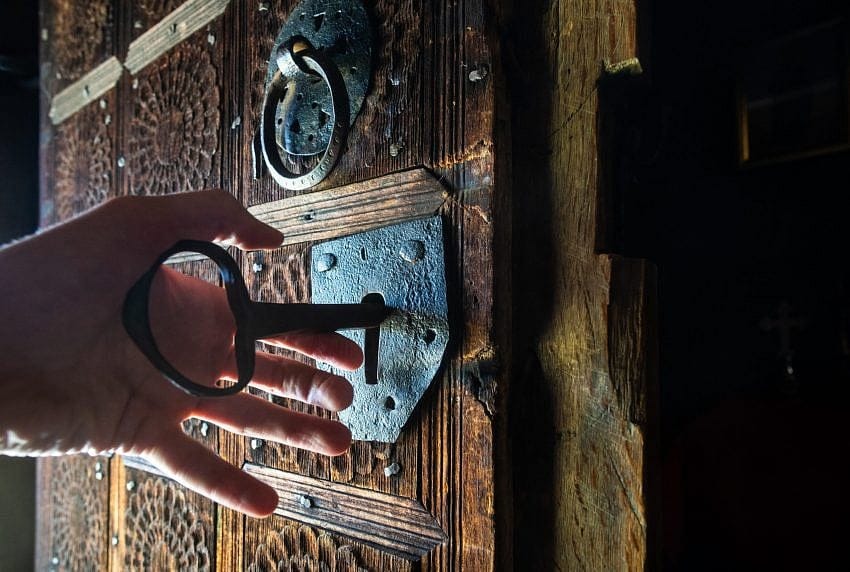What Churches Must Do on Good Friday

Christians commemorate the suffering and death of Jesus on Good Friday, which Christians believe attains redemption for the sins of mankind and makes it possible for human beings to go to Heaven.
It is at once the saddest and most hope-filled day of the year. Sad because of the torture and death of a man not only innocent but also embodying love itself. Hope-filled because through his willing suffering and death we get a glimmer of salvation, something we have no hope of without it.
